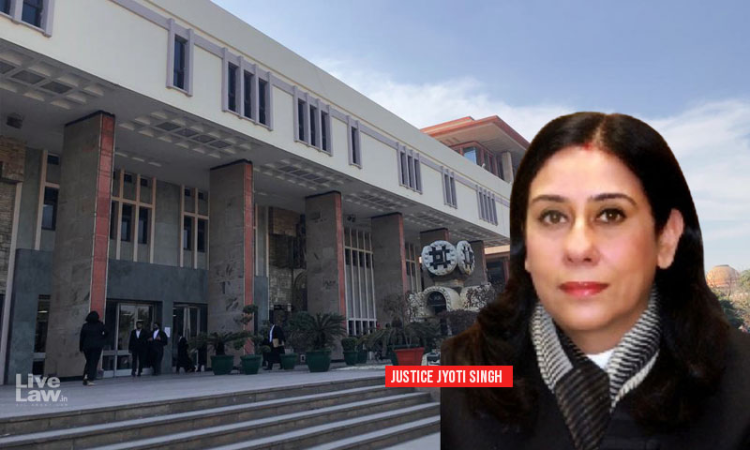ApplesTree vs ApplePlant: How Delhi High Court Interpreted Synonymy In A Trademark Infringement Suit
Awstika Das
9 Oct 2022 4:31 PM IST

Next Story
9 Oct 2022 4:31 PM IST
Interpreting synonymy in a matter related to two similar trademarks - APPLESTREE and APPLEPLANT, which belong to different manufacturers, the Delhi High Court in a recent order said the words 'plant' and 'tree' are a classic example of synonymy where reading one would bring in mind the other and lead to confusion in the mind of purchasers.Justice Jyoti Singh noted that the study of...
